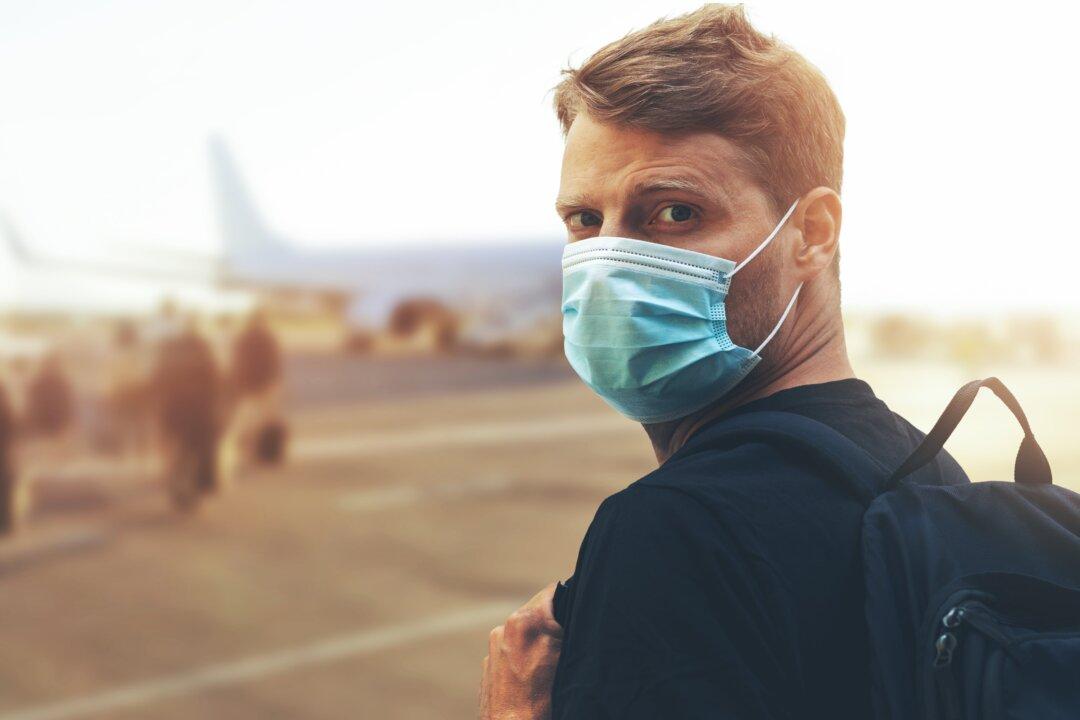Millions have rolled up their sleeves to take the COVID-19 vaccination because the jab promises protection against the notorious pathogen. However, millions more remain hesitant. Now, officials are pushing a new incentive: freedom.
A growing number of universities now require that students get vaccinated before they return to campus. Airlines and workplaces are devising apps that allow entry based on inoculation status. And several countries are either set to unveil, or have already rolled out, a vaccine passport program. Details in each system may vary, but they all involve lifting restrictions for those who take the COVID-19 vaccine, and maintaining restrictions for those who haven’t.






